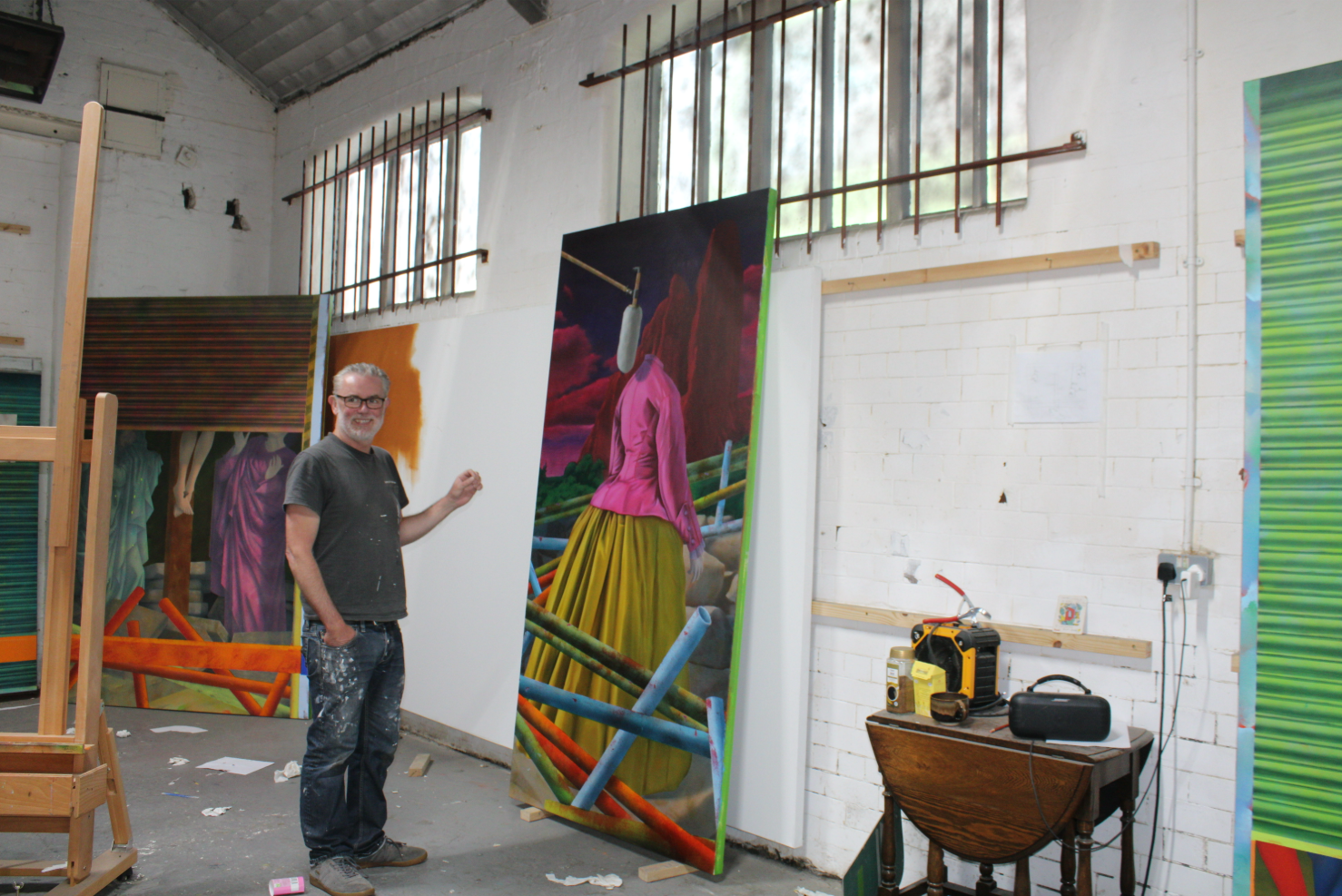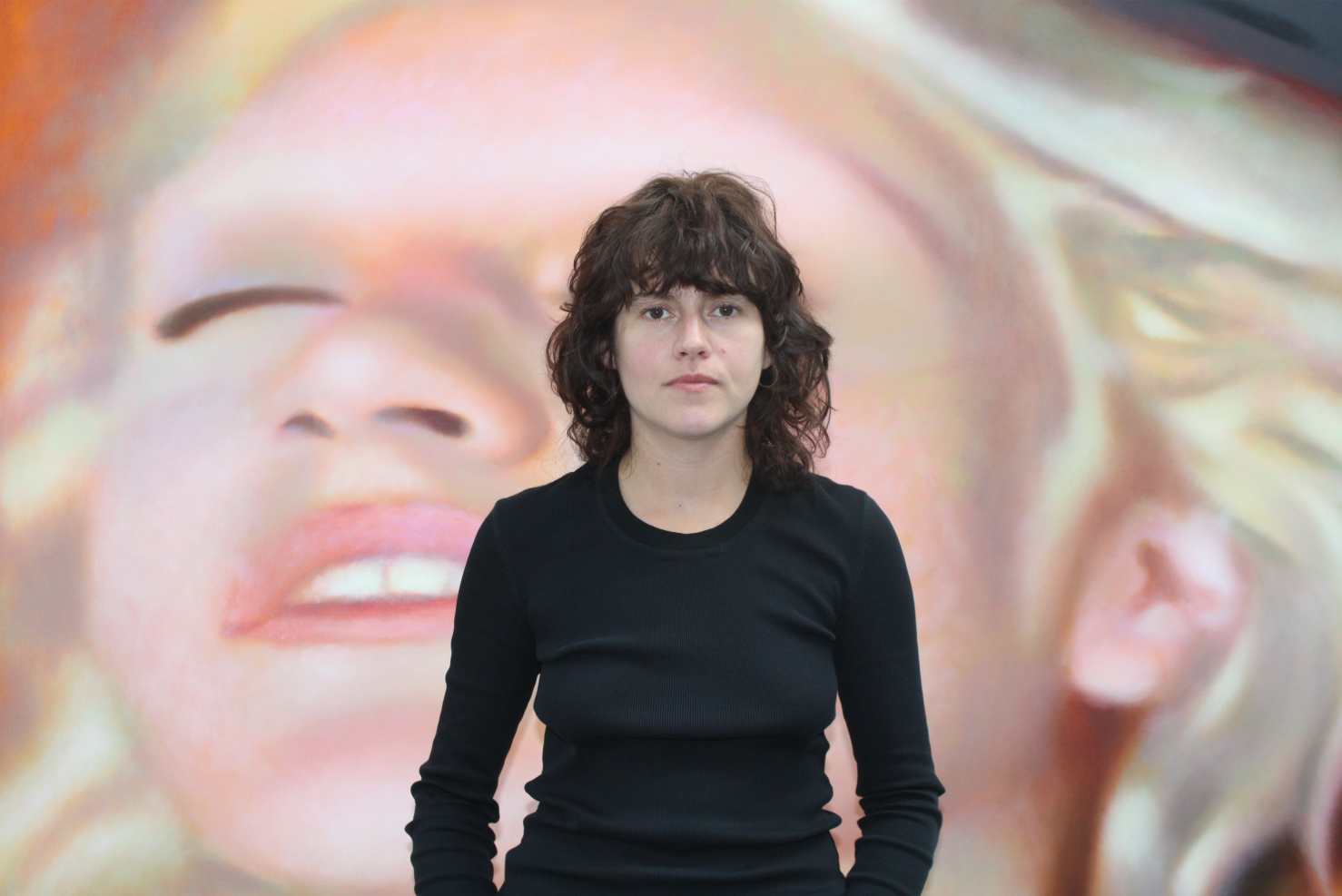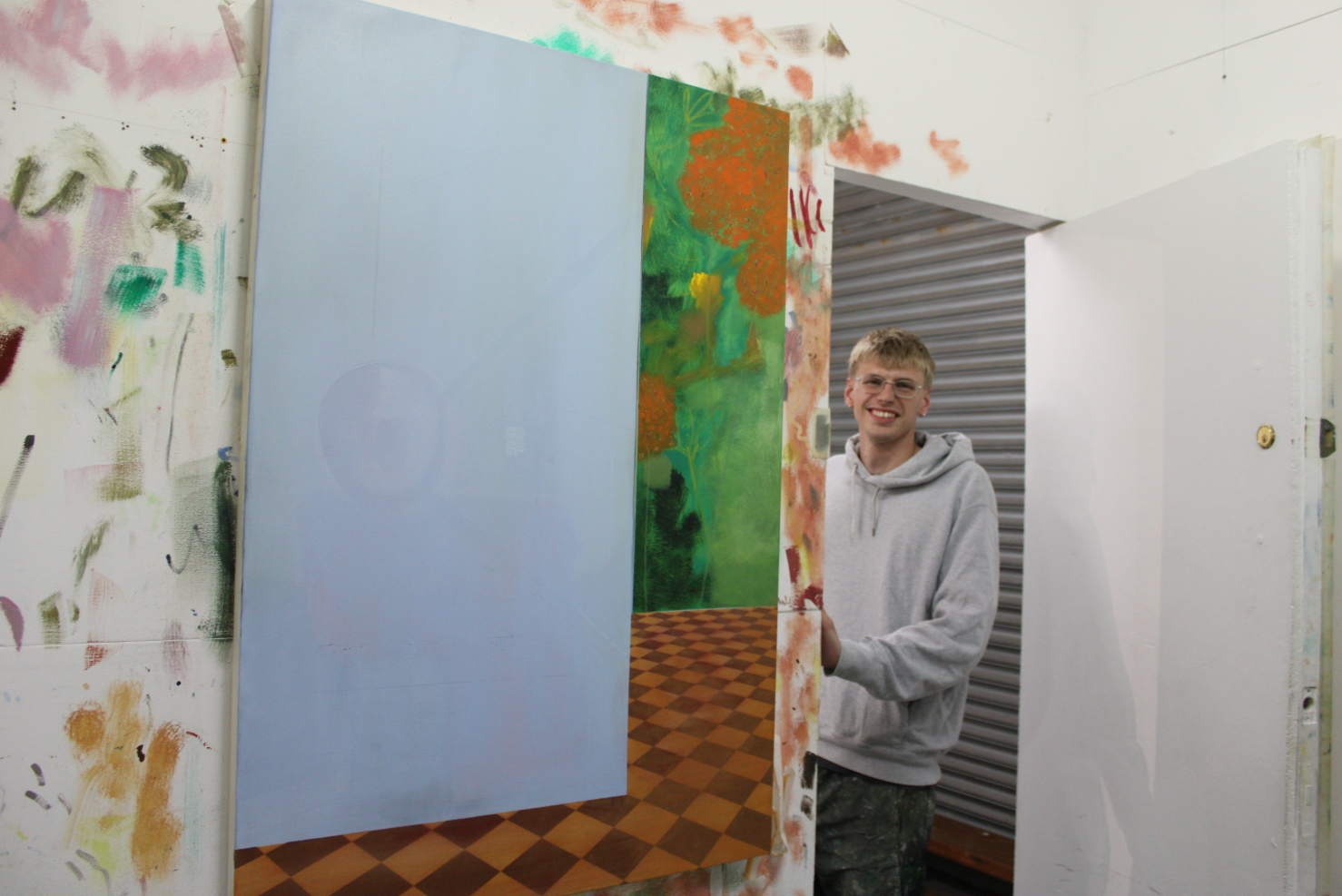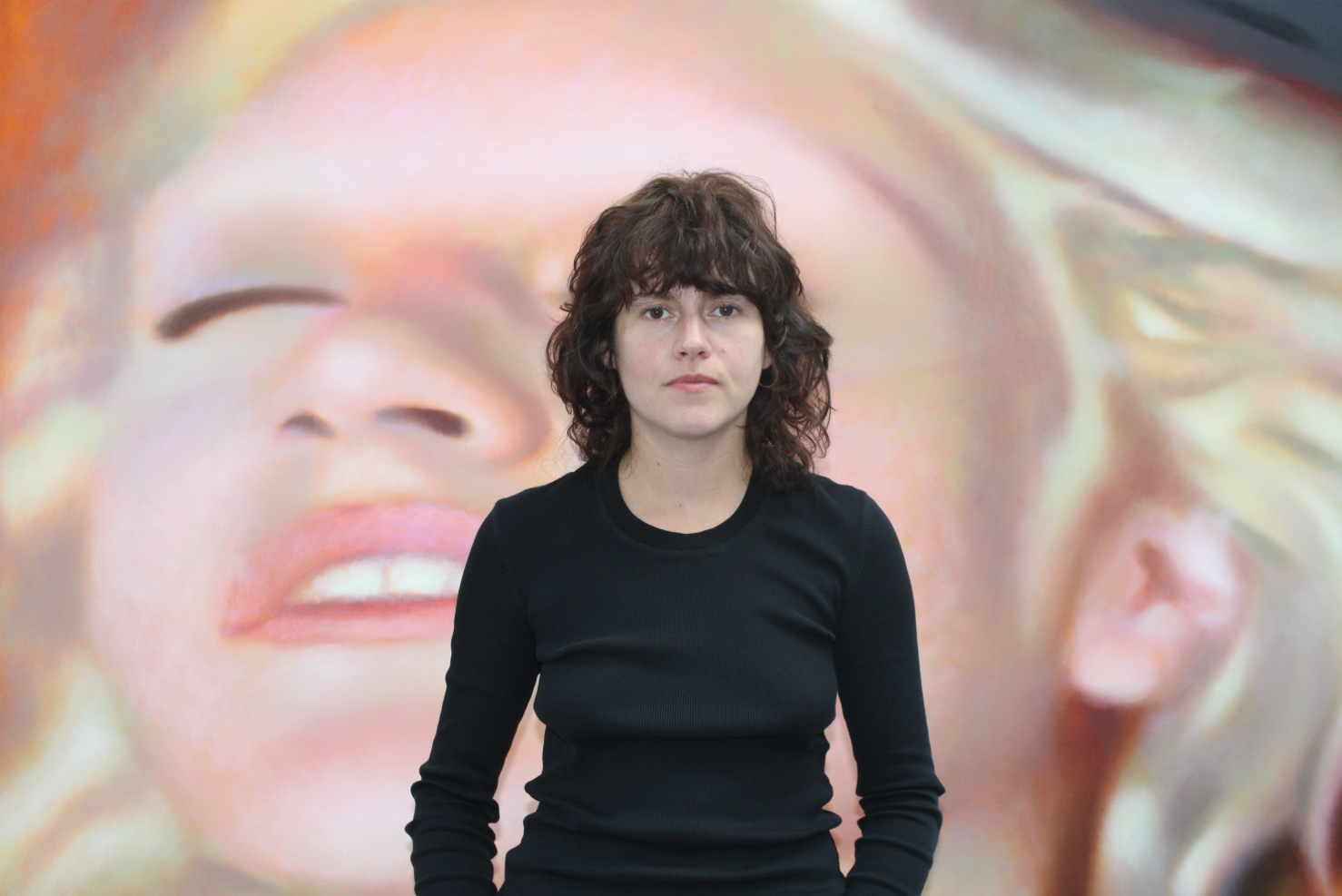The BBC Philharmonic Orchestra and the Fountain of Youth
From today’s sponsor: The BBC Philharmonic Orchestra presents its season opener Fountain of Youth — a gathering of composers who, by embracing pain, find solace, redemption, and clarity. Audiences are taken on an orchestral journey that examines rejuvenation through the perspectives of Julia Wolfe, Prokofiev and Tchaikovsky. Opening with Wolfe’s spectacular, bag-pipe led LAD, the Orchestra then presents the UK premiere of Wolfe’s Fountain of Youth, as she takes her place as Composer in Residence for the 2025/26 season – for her, “my fountain of youth is music”. Next, Prokofiev’s Violin concerto No.2 with phenomenal soloist Augustin Hadelich and Tchaikovsky’s maximalist Symphony No.5. The offering is a true exploration of emotion.
Head to the event, on Saturday 20th of September at The Bridgewater Hall, to experience the musical rejuvenation for yourself.
I’m early for my meeting with Ian and Louise, so I get off the bus one stop sooner than necessary — at Apollo bus stop in Ardwick, which seems fitting as I’m on my way to the HQ of Apollo Painting School. Later, when I ask Ian why the school is called that, he’ll tell me it’s because Apollo was the God of the arts — and because the bus stop after is just called ‘Bus Depot’. “We couldn’t call ourselves that. That’s rubbish,” Ian says.
Ian Hartshorne is the sort of man who can pull off a name like Ian Hartshorne: grey beard, grey hair slicked back, thick glasses. Until two years ago, he had the sort of job you’d expect an Ian Hartshorne to have too: Head of Painting at Manchester School of Art. Then he left to start his own school.
Ian’s view is this: formal art education focuses too much on the bigger picture, rather than the actual picture. “We want them to think hard about what kind of colour they’re using,” he explains, “rather than an ideological position.” In response, he set up Apollo Painting School, an intensive alternative to formal education, alongside gallerist Alice Amati, and the world-renowned artist Louise Giovanelli, who greets me at the studio as I walk in. Both she and Ian are painters first and foremost, she tells me, which explains why they’re both covered in paint.
 Ian Hartshorne with the paintings of Tommy Harrison. Photo: Ophira Gottlieb/The mill
Ian Hartshorne with the paintings of Tommy Harrison. Photo: Ophira Gottlieb/The mill
Ian, Louise and I have met at their studios in Ardwick, a nameless block of workshops set under the arches of what was once an Edwardian Tram Depot, but is now the premises of Maple Industrial Estate. We’re here to talk about Manchester. Specifically, the art scene in Manchester. Louise, 32, grew up in South Wales but moved our way at the age of 18, studying an art foundation course and then a BA at Manchester School of Art. Ian, 57, is from Leeds, but taught at Manchester School of Art for over 20 years. Their presence in Manchester, and the school’s base in Manchester, means that the city inevitably runs through their work and the work of their students. “It’s where we are. It’s what we navigate and what we think about,” Ian says.
There are several artists now using the space. Their gathering in the cold depot recently earned them the title of the Ardwick Realists — though Ian tells me he prefers the term fantasist, “because you need a bit of imagination to try and do what we’re doing.” In the summer, the studios become the classrooms of the school, a three month long course funded by “old school patrons” as Louise terms it (a catch-all term for art enthusiasts, local philanthropists and herself). No one earning under £40,000 annually has to pay for the classes, materials, or for the month spent studying in Latina, a city not far from Rome. The school aims to return students to the fundamentals of painting, and crucially, to expand Manchester’s place in the world of art.
This is a big point for Ian. “For a city of this size and potential,” he says “it’s probably underperformed.” Louise in particular has had a number of negative experiences with London based galleries, who have initially shown an interest in her work, but then refused to travel to Manchester to visit her studio. “There’s a lot of snobbery,” she says, explaining that multiple artists and gallerists told her that she’d never make it as an artist without moving to the capital.
 Louise Giovanelli in front of her work. Photo: Ophira Gottlieb/The Mill
Louise Giovanelli in front of her work. Photo: Ophira Gottlieb/The Mill
This creates a self-fulfilling prophecy. Many art students in Manchester, after graduating, choose not to stick around. A lack of artists leads to a lack of artist spaces and, crucially, commercial galleries: private galleries through which artists are able to display and ultimately sell their work. “The circumstances for artists to come up and establish themselves and stay in the city after studying hasn’t been right” says Louise. This is part of why they started their Ardwick studios. “You need artists before you have galleries,” she explains. “So we’ve tried to take it back to the source.”
But in many ways the Manchester art scene is thriving more than ever before. Apart from the Ardwick Studios and Apollo Art School, there are a number of other spaces: Paradise Works, Rogue Studios, Oceans Apart, and Heaven 11, to name a few. Many have their own exhibition spaces, and artists across the city frequently put on their own DIY shows. In the past 30 years, the sculptor Ryan Gander, and Louise, have come through the city and gone on to achieve international recognition.
And perhaps there is more success to come. Ally Fallon, 27, is tall and blond, and moves about his studio in a self-conscious manner. A member of Apollo’s maiden cohort of five students, he became the youngest artist ever to win the prestigious John Moores Painting Prize last week: a highly prestigious UK-wide award that, crucially, is based in Liverpool not London. He tells me that since then he’s been dropped into a world of journalists and photographers — the BBC came by this studio last week too, a small room in Oceans Apart, the artists-led painting gallery in Salford.
Ally won the prize for his painting ‘If You Were Certain, What Would You Do Then?’ whose title is taken from a letter penned by Van Gogh, addressed to his brother. Most of Ally’s latest work begins with a tiled floor, borrowed from a real location — looking around the small gallery in Oceans Apart, he points out Salford Town Hall’s floor design, and the famous green tiles of Pevril of the Peak. “It’s a way into the painting,” he explains. “I construct these spaces, and then anything can enter into them. This isn’t somewhere you can go in our world, but it’s also not a completely imaginary space. It’s a space for paint.”
 Ally Fallon with his painting, in Oceans Apart. Photo: Ophira Gottlieb/The Mill
Ally Fallon with his painting, in Oceans Apart. Photo: Ophira Gottlieb/The Mill
Ally moved to Manchester from Bristol in 2017 to study English Literature, and only began painting during lockdown — after which he went on to do an MA in painting at Manchester School of Art, where he met Ian, his tutor. On the first day of his MA, Ian came to view one of his paintings. “He pointed at this one bit in the top corner, this red scratchy background, and said ‘This bit is interesting. The rest is completely boring’,” Ally says. “I remember thinking, at least this guy cares enough to criticise me. The first thing he taught me was that it’s not what you paint that’s important, it’s how you paint it.”
Ally would go on to be taught by Ian again shortly after completing his MA, when he joined Apollo last year. The two experiences were incomparable, he tells me, with the alternative art school having hugely smaller classes, and far more materials to work with and space in which to work. Most importantly, Apollo prepared him for a career in the art world, particularly with the benefit of having renowned gallerist Alice Amati on board, teaching them how to find galleries to represent them, and get their work into exhibitions. “I left art school without that very basic knowledge,” Ally says.
Ian explains that the school was established in response to “an incremental, cynical diminishment of specialist courses” throughout the UK, with university courses tending towards broader ‘Fine Art’ BAs that fail to teach the technicalities of painting. Most art schools, he tells me, including the world-leading Royal College of Art, don’t even have a painting technician. “The recent attitude is towards collaboration and interdisciplinarity,” he says. “We’ve nothing against that, but to be interdisciplinary you’ve got to have a discipline. Otherwise things get mushy and messy.”
For this reason, Apollo Painting School emphasises the importance of getting into the weeds. Once a week they host a remote lecture, and once a week the lecture is in person, with the three founders and a series of guest lecturers teaching everything from the composition of materials – paints, solvents, oils – to composition itself, and light, and quality of surface. He claims that this sort of practical teaching is often forgoed by larger establishments in favour of teaching theory. “It’s viewed by a lot of educators as unnecessary because there are bigger, more important things to deal with like the crisis in Yemen,” he explains.
Like Ian and Louise, Ally explains that “the ethos behind Apollo is to keep what we’re building in Manchester, and not follow the path of getting to the level of success where you can afford to live in London.” What Manchester has going for it, he explains, is space — a large number of mills and warehouses that provide spaces that can be accessible and affordable, creating a thriving DIY and artist-led scene across the city. This, paired with the existence of institutions like Manchester Art Gallery and the Whitworth, the publicly-funded Castlefield Gallery, and the new emergence of Apollo Painting School, show that the foundations for a thriving art scene are here. “I guess we wanted to plant a flag in Manchester and say that good things are going on here, if only someone would notice,” Ian says. “People are starting to notice. That’s been edifying.
If you’d like to sponsor editions of The Mill and reach over 60,000 readers, you can get in touch at grace@millmediaco.uk or visit our advertising page below
If you enjoyed this article and you’re not yet a Miller, here’s how to change that.
The Mill produces great reporting and peerless writing about everything from education to politics, crime to conservation in Greater Manchester.
The Millers, our readers, get all our stories direct to their email inbox, and are part of a brilliant community that sends us story ideas and debates the issues of the day in the comments. Just hit that button below to join up for free.



